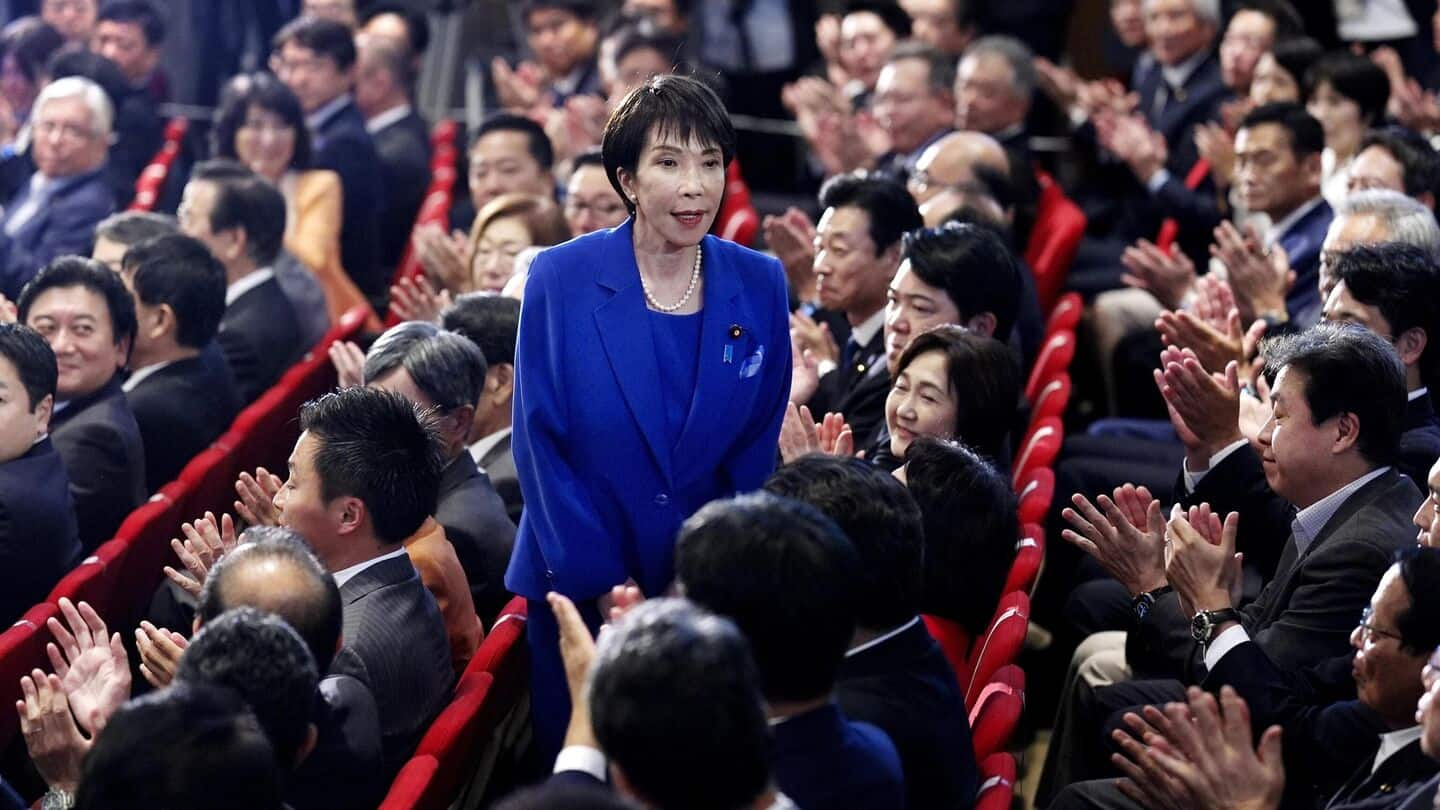**Germany Commits $1.076 Billion for Holocaust Survivors’ Home Care in Historic Increase**
*BERLIN* — The organization representing Jews who suffered under the Nazis announced on Wednesday that Germany has agreed to extend $1.076 billion (923.9 million euros) in funding for Holocaust survivors’ home care worldwide for the coming year.
This landmark compensation agreement, negotiated with Germany’s finance ministry, represents the largest budget ever allocated for frail and vulnerable Holocaust survivors’ home care by the Conference on Jewish Material Claims Against Germany (Claims Conference).
“This historic increase to home care funding reflects the complex and growing needs of Holocaust survivors worldwide,” said Gideon Taylor, president of the New York-based Claims Conference. “While we are losing survivors at a rapid pace each year, those who remain are older, frailer, and in greater need than ever before. This budget is critical in providing each of them the opportunity to age in place—a dignity that was stolen from them in their youth.”
The average age of survivors receiving home care through Claims Conference funding has risen from 86 in 2018 to 88.5 in 2024. Data collected by the organization reveals that survivors face increasingly complicated health challenges and higher levels of disability. The number of survivors who qualify for full-time assistance due to severe disabilities, such as Alzheimer’s disease, Parkinson’s disease, and dementia, has nearly doubled during this period.
In addition, the Hardship Fund Supplemental payments—which were previously guaranteed annually to eligible Holocaust survivors until 2027—have now been extended through 2028 at a rate of €1,450 per survivor. This extension will benefit more than 127,000 Holocaust survivors worldwide.
The Claims Conference estimates that approximately 200,000 Holocaust survivors are still alive today, with the majority residing in Israel, the United States, and Europe, but also spread across the globe.
Furthermore, non-Jewish righteous rescuers—those who risked their lives to save Jews during the Holocaust—who currently receive a monthly pension from the Claims Conference, will now also be eligible for home care similar to that provided to Jewish survivors. This measure allows these heroes to live their final years with dignity in their own homes.
Colette Avital, a Holocaust survivor and member of the Claims Conference negotiation delegation, reflected on the significance of the agreement. “It is deeply meaningful that, 80 years after the liberation, the German government maintains its responsibility to those who suffered and survived. Every survivor and every rescuer deserves to live with dignity and to be seen, heard, and cared for.”
In addition to home care funding, Holocaust education funding has been extended through 2029, with a total commitment of €175 million. This investment comes as knowledge of the Holocaust declines globally and antisemitism rises sharply.
The education funding will support initiatives including teacher training, academic research, and outreach through mass-market mediums such as film, gaming, and virtual reality experiences, which have the potential to reach broader, mainstream audiences.
“It is imperative that we invest in the future of Holocaust education while we still have living witnesses who can share their firsthand testimonies of survival,” emphasized Greg Schneider, executive vice president of the Claims Conference.
—
*For more information on the Claims Conference and its work supporting Holocaust survivors and education, visit their official website.*
https://abcnews.go.com/Health/wireStory/germany-give-1-billion-holocaust-survivors-home-care-126964956



